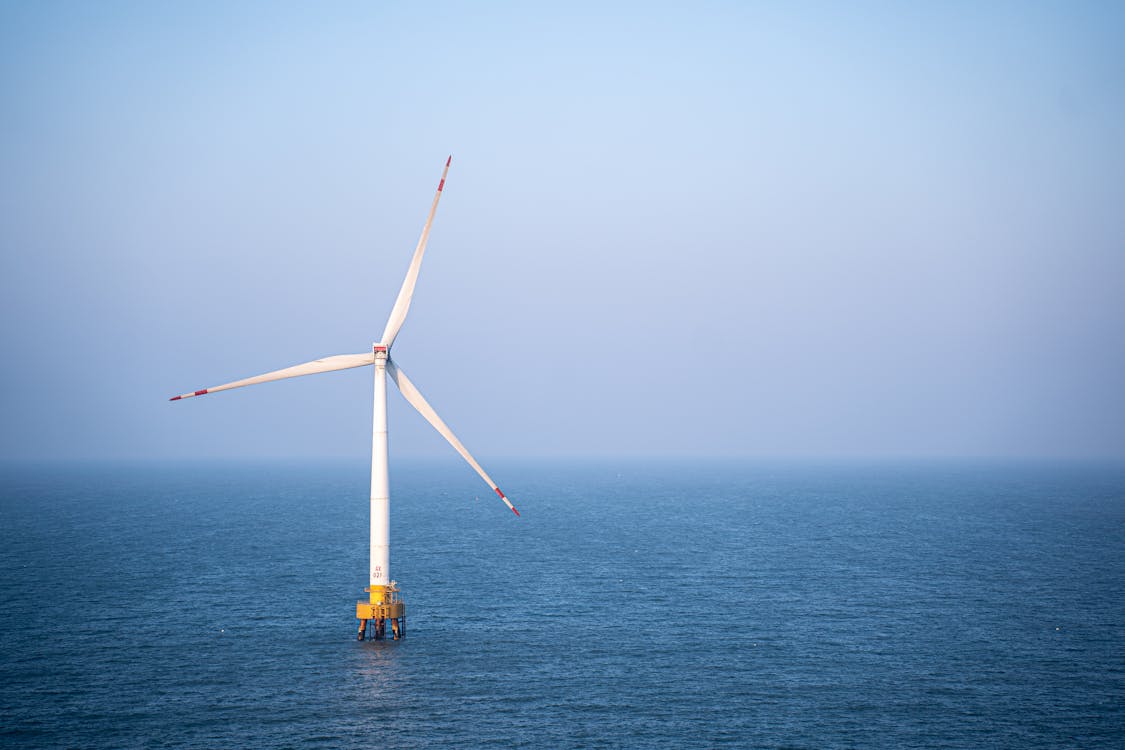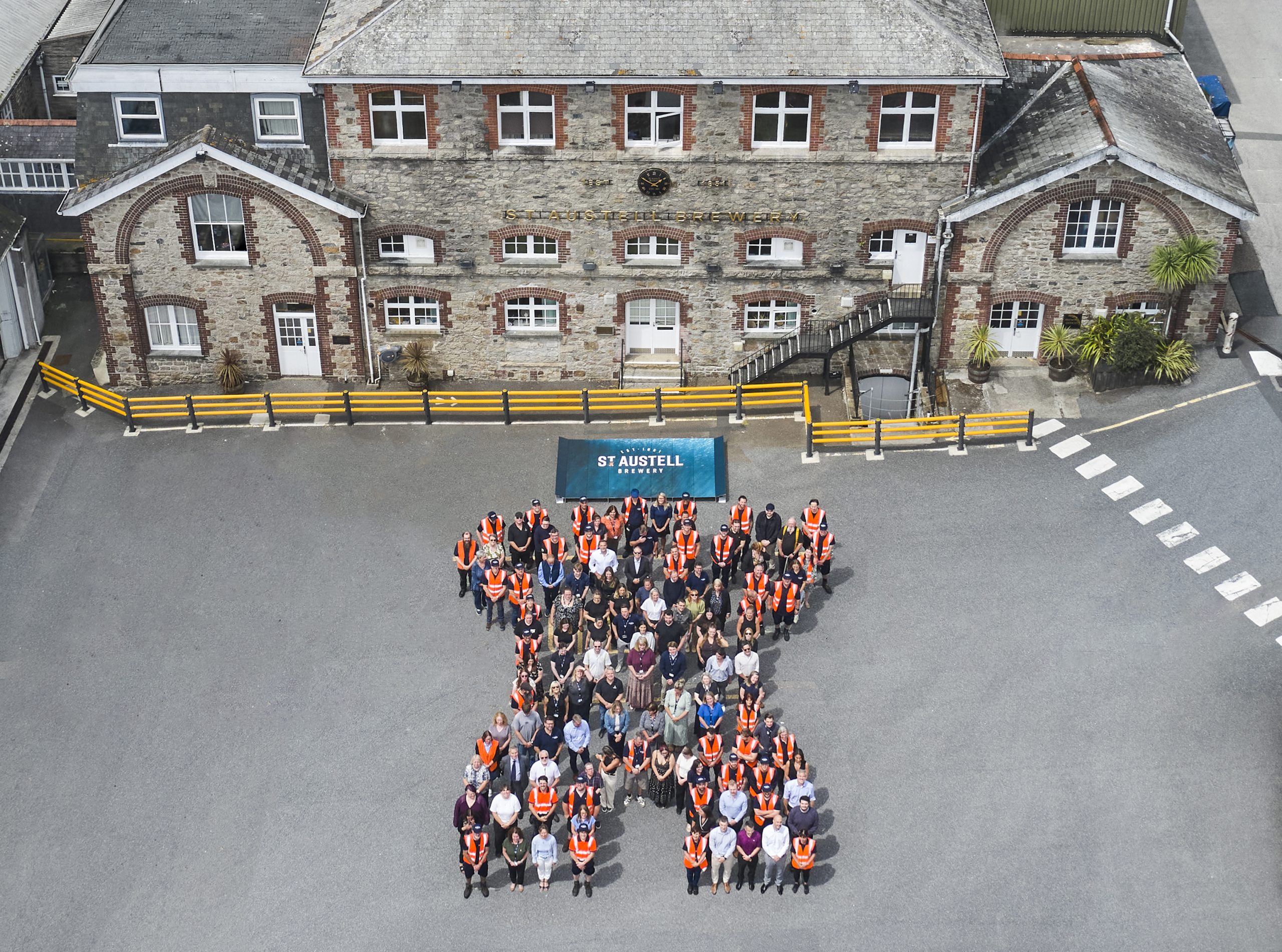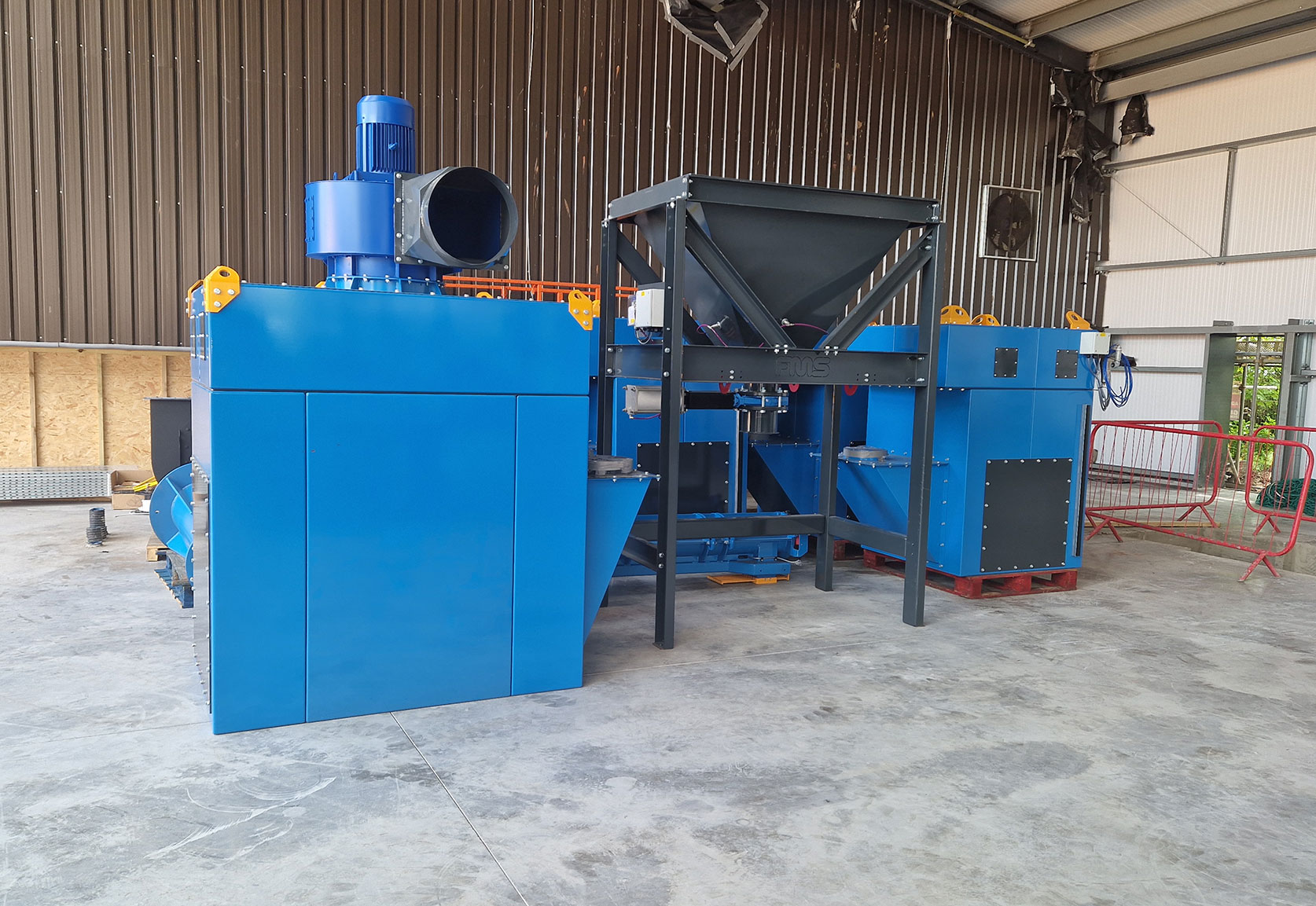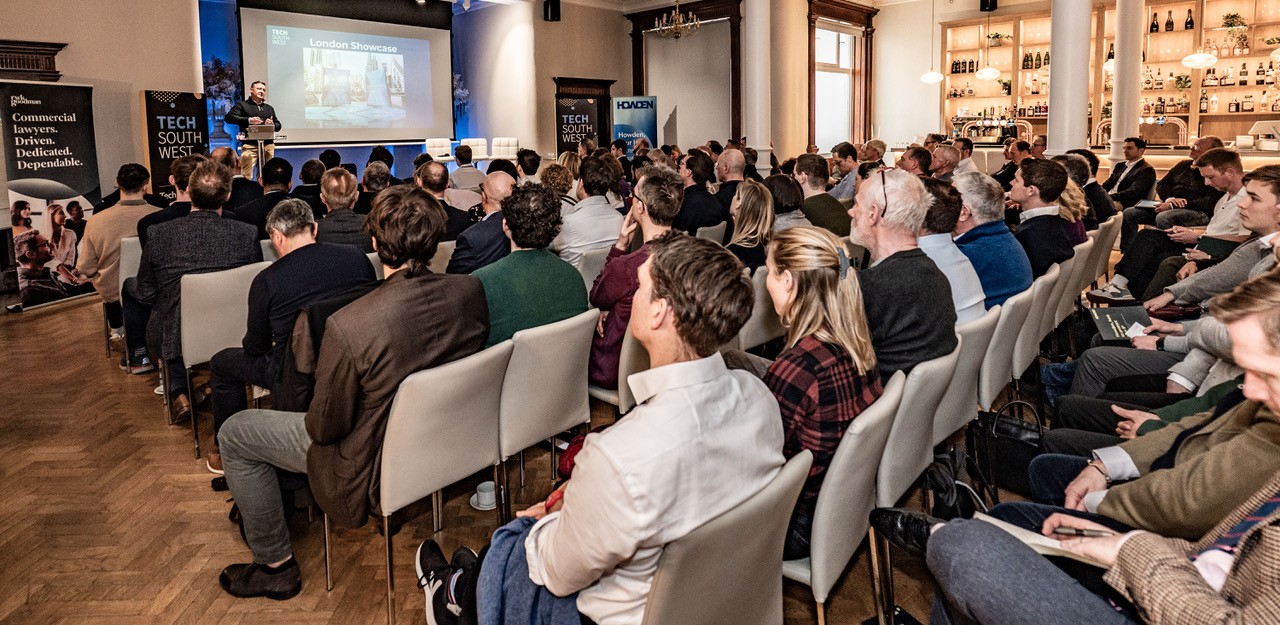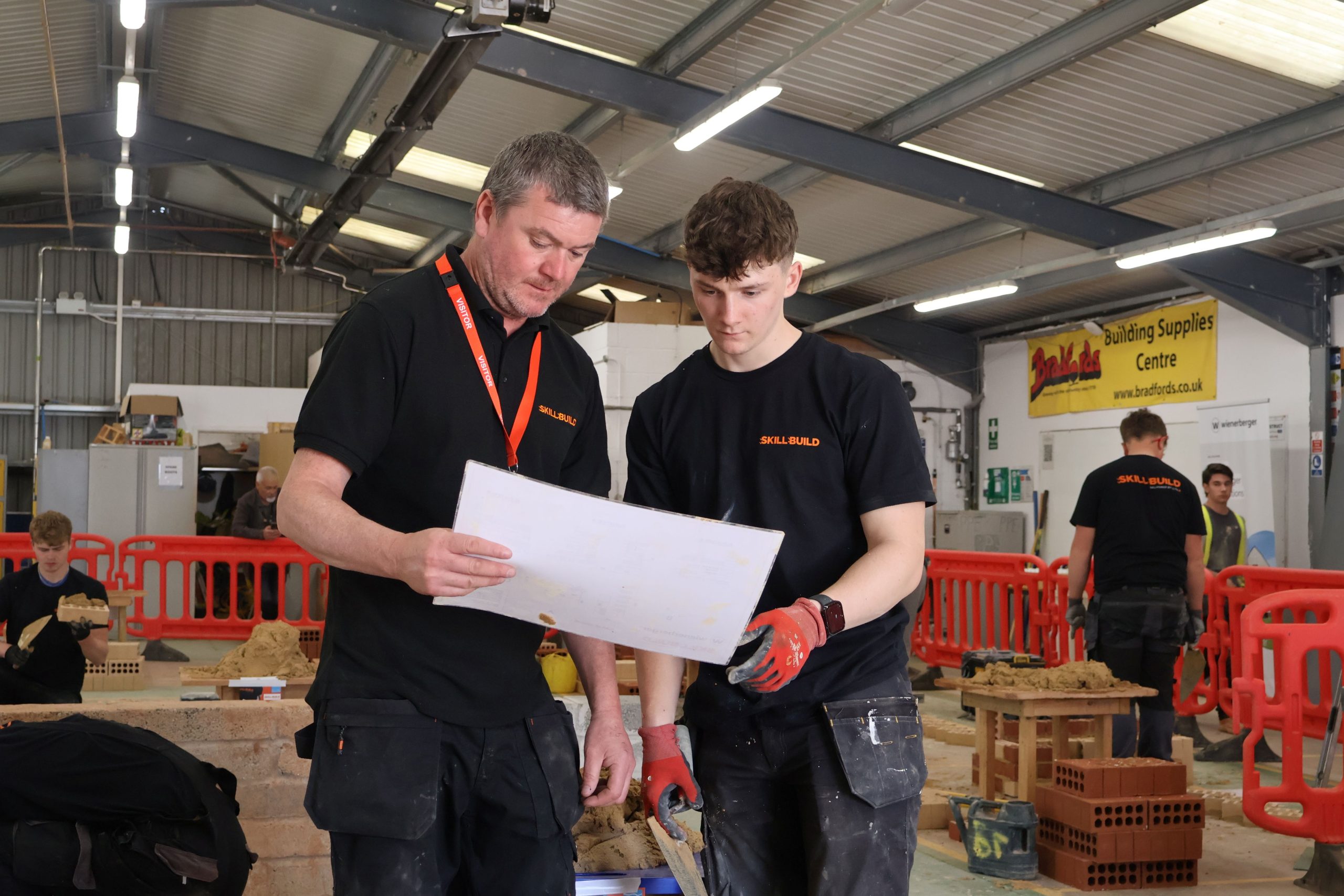Authored by Source Galileo
Dorset’s Strategic Advantage: A timely boost to energy security and economic growth
Dorset is fast emerging as a vital player in the UK’s offshore wind and clean energy landscape. At its heart is PortWind – a fixed-bottom offshore wind project proposed by Source Galileo.
With a grid connection already secured, PortWind is poised to deliver around 2 GW of power to 3 million homes annually. It offers a deployable, low-risk solution that can attract billions in investment – providing a timely boost to the UK’s energy security, long-term economic growth, regional job creation and drive to net zero.
PortWind is also a catalyst for the Dorset Clean Energy Super Cluster – a nationally significant, integrated platform for large scale, high-impact low-carbon projects, including:
- A deepwater offshore wind hub at Portland Port – Channel Gateway
- Largescale hydrogen storage, 1GW green hydrogen production and import linked via pipeline to wider UK – UK En
- Carbon capture and storage infrastructure – Azuli
- Complimented by micro energy innovation projects
- Small and modular reactor deployment at Winfrith
The Cluster is anchored at Portland Port – one of the UK’s most strategically located deepwater assets. With Dorset Council at the helm of the Cluster, this transformational investment harnesses the region’s geology and geography, with a groundswell of local business and community support and growing political momentum.
This integrated, place-led vision is an engine for growth. It breaks the mould of traditional offshore wind development by linking generation, clean fuels, carbon abatement and port expansion in one location. It reflects the next-generation model for regional energy clusters and is a once-in-a-generation opportunity.
The total investment potential is estimated at £28 billion, directly supporting the UK’s clean power and regional growth targets, and aligning with the government’s Invest 2035 strategy. It connects the ambitions in Bournemouth, Christchurch and Poole, while reinforcing momentum already underway in the Solent and Celtic Sea clusters – highlighting the South West’s growing national role.
What’s at stake
The choice is clear. Dorset is uniquely positioned to serve as a strategic bridge between fixed and floating wind – delivering clean power today, while building the skills and infrastructure needed for tomorrow.
This isn’t just about clean energy. Government inertia and inaction risks Dorset missing out on regional growth, community regeneration and its contribution to a net zero future.
Opening doors to green careers
PortWind is expected to contribute between £149 million and £332 million in annual GVA and create up to 3,000 construction jobs and 320 long-term operations and maintenance roles. Thousands more jobs are also anticipated across the wider Cluster, creating a collective impact that will drive investment and support the regeneration of coastal communities across Dorset and beyond.
With an ageing population and ongoing youth out-migration, driven by limited local opportunities, PortWind and the Cluster offers a clear pathway to new low-carbon employment opportunities and social value for local communities. By anchoring clean energy jobs and attracting investment, Dorset can reposition itself as a driver of future green growth.
Education and training providers across the South West are already adapting their curricula to create industry-aligned programmes in marine engineering, manufacturing, fabrication, and offshore safety. These initiatives are opening doors to green careers for young people, career switchers and those re-entering the workforce.
As floating wind begins to scale in the Celtic Sea, Dorset will be well-positioned to support and deliver the next chapter of this story.
A timely piece of the puzzle
The UK’s priority is to accelerate offshore wind delivery with deployable technologies, coupled with port expansion. PortWind and the Cluster provide contingency against project attrition, with potential to deliver at pace with established technology, and gives greater visibility to supply chains and investors.
The South West is emerging as the next energy frontier. Dorset’s fixed-bottom opportunity is not just another project – it’s a key building block in the national shift towards floating wind and other major infrastructure developments.
Dorset also offers a new strategic axis for the UK’s offshore wind fleet. When the wind isn’t blowing in the east, it does in the South West – giving the UK a more reliable and balanced flow of clean energy across the grid.
Crucially, Dorset’s wind potential is not in competition with the floating future – it’s a timely and complementary solution to boost confidence and accelerate deployment.
Unlocking the seabed
Offshore wind in the English Channel would support The Crown Estate’s objectives around net zero, energy security, nature recovery, social value creation, and economic growth. It would also unlock transformational investment, deliver critical offshore wind infrastructure, and embody the co-location principles set out in the Marine Delivery Routemap. Together, these outcomes would provide a platform for the Dorset Cluster to actively support the UK’s clean energy journey and maximise growth opportunities.
While local authorities, industry and communities in the South West stand ready, there is still no certainty on whether the English Channel will be included in the next offshore wind leasing round.
From Dorset’s perspective, this is an opportunity for The Crown Estate to demonstrate an agile, regionally responsive and dynamic approach to seabed leasing. This means combining large-scale leasing rounds with smaller, bespoke opportunities that allow the UK to capitalise on Dorset’s unique strengths.
Such flexibility would support national delivery while ensuring places like Dorset are fully integrated into the clean energy transition and not left behind. In doing so, PortWind and regional port assets like Portland Port and the Channel Gateway become national energy enablers. and make a significant contribution to UK energy transition and role as global leader in offshore wind.
Now is the time for Government and The Crown Estate to empower Dorset to play its part – not as a spectator, but as a timely and essential delivery partner.
Source Galileo: Source Galileo develop large-scale renewable projects in Europe with a focus on Ireland, the UK and Norway. With a proven track record and decades of experience working with stakeholders, governments, and communities, they make large-scale renewable projects happen.

